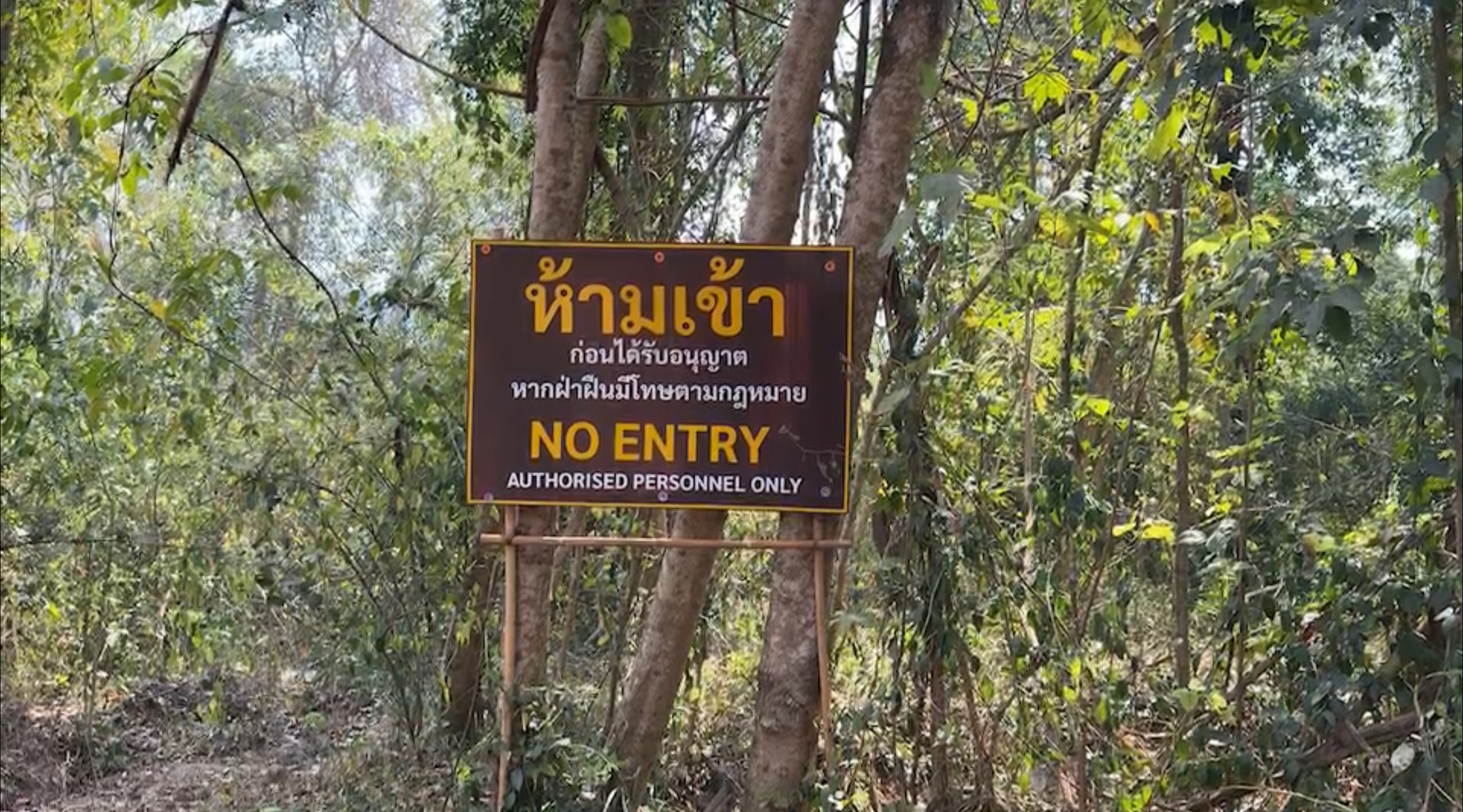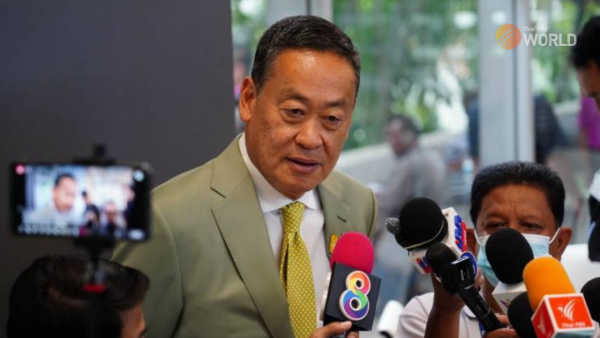Land title deeds for farmers: Can Thailand escape the poverty trap?

A government initiative to convert agricultural land reform certificates into title deeds has sparked both hope and concern for millions of Thailand’s poorest people.
For farmers, the initiative offers the opportunity to use their land plots for more than just agricultural activities. With title deeds, they can also use their land as collateral to obtain loans when necessary, protecting them from loan sharks whose high-interest rates can trap them and their families in debt and poverty for generations.
However, there are concerns that this initiative, if not carefully implemented, could result in land reserved for agricultural land reform being handed to investors. Such a scenario would only exacerbate the crisis of landless farmers in Thailand.
Will investors be the true beneficiaries?
Prayong Doklamyai, an advisor to the People’s Movement for a Just Society (P-Move), highlights the risk of investors acquiring these land plots through nominees.
Under the law, only farmers can claim plots allocated by the Agricultural Land Reform Office (ALRO). Over the past few decades, farmers have received Sor Por Kor 4-01 certificates to prove their rights to agricultural land reform plots. Before January 15, these certificates were not transferable, meaning the land could not be sold.
“However, the new rule allows for the certificates to be sold. This could lead to investors attempting to make profits on these land plots,” Prayong said.
He warned that without strict rules and scrutiny, investors could exploit loopholes to scoop up land plots reserved for poor farmers.
“Investors acquiring such land will result in more landless farmers, who will be in turn be forced to encroach on state land to earn a living.”
New rule on agricultural land reform
Thailand passed the Agricultural Land Reform Act in 1975 to provide landless farmers with plots they needed to earn their livelihood. To date, several million farmers have received plots from ALRO under the law.
Of them, about 1.6 million are now eligible to convert their Sor Por Kor 4-01 certificates into title deeds for agricultural land.
The conversion is an initiative of the current government, led by Prime Minister Srettha Thavisin, which believes farmers should be able to use such plots for many other purposes. For example, such deeds will be recognized as collateral when farmers need loans from the government’s Bank for Agriculture and Agricultural Cooperatives. The title deeds can also be used as a bond for temporary release during police interrogation or court proceedings.
Better still, if holders of such title deeds want to bow out of farming, they can now transfer their deeds to either the ALRO or eligible farmers in exchange for financial compensation. Deed owners may also choose to return just parts of the plots covered by title deeds to the ALRO if they just need to reduce the size of their farms.
Government spokesman Chai Wacharonke said farmers burdened with huge debts, for example, might sell part of their land to clear what they owe.
The government says about 22 million rai of land allocated by ALRO is eligible for the issuance of title deeds, which started on January 15.
However, while these deeds are transferrable, the land still belongs to the state. And any sale or transfer of ownership, though possible, is still subject to various regulations. For example, the land must be transferred either to the ALRO or other eligible farmers.
Stringent monitoring needed
Still, Prayong insists the new rules present an invitation to sell plots allocated by the ALRO. He also wondered how authorities would monitor and investigate whether such plots continue to be utilized for agricultural purposes once they are sold.
Village heads in many parts of the country say they have not witnessed farming activities on plots allocated by the ALRO in their areas.
Prayong said the risks of abuse were higher in tourist zones, where such plots could command high prices. Plots on the fringes of Khao Yai National Park, for example, can fetch up to 1 million baht per rai.
ALRO land in national parks?
Earlier this month, it was reported that ALRO demarcation signs were found on the edge of Khao Yai National Park in Nakhon Ratchasima’s Pak Chong district. This area attracts a constant flow of tourists.
Chaiwat Limlikit-aksorn, director of the National Parks Office, said that after he checked the list of recipients of ALRO land plots in the area, he could tell that most were not farmers. The suspicion is that developers have bought the deeds to construct hotels and resorts on the land they cover.
The Royal Thai Survey Department then stepped up in a bid to settle the dispute. Its One Map survey showed that the ALRO plots were not actually encroaching on the national park, but merely very close to it.
However, Agriculture and Cooperatives Minister Thamanat Prompow vowed to push back against the exploitation of the ALRO land for tourism development around the national park.
“If I were a member of the ALRO, I would not have allocated those land plots. They should be buffer zones [for the park],” he said.
Thamanat said an investigation would be launched to check if ALRO land plots around Khao Yai, which spans several provinces, were legitimately allocated.
“If the investigation shows resorts or hotels went up on the land, authorities will take back those plots and take legal action against those involved,” he said.
Recommendation from P-Move
Prasong from P-Move called on the government to consider issuing title deeds to communities rather than individuals so as to nudge community members to keep watch on one another and ensure compliance with the law.
“If any community is lax in monitoring and compliance, all of its members will suffer impacts,” he said. “Communities can help by providing checks and balances.”
Government plans
The ALRO plans to issue title deeds to all farmers under its scheme within five years, while the current government has vowed to boost farmers’ income by five times during its tenure.
Its income-boosting initiatives include encouraging farmers to grow high-value trees that can be converted into tree deeds and used as collateral, and to plant trees for the market in carbon credits.
Moreover, the government has signed memorandums of understanding with 16 agencies to ensure farmers can access public utilities/infrastructure, occupational development support, as well as compensation in events of natural disasters.
By Thai PBS World’s General Desk






